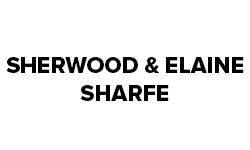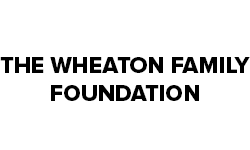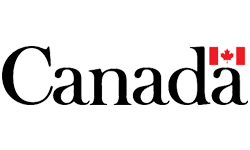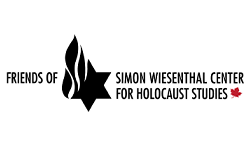Part C
Inquiry Resources
- Democracy Watch
- RationalRevolution.net
- Redefining the Political Spectrum
- Student Vote
- Activity 3.5, Saskatchewan Social Studies 10 Curriculum (1994)
- Activity 3.6, Saskatchewan Social Studies 20 Curriculum (1995)
- PoliticalCompass.org
- Ideology and Decision Making Unit Plan (Elgin Wyatt, STF Website)
- Parliament of Canada Website
- MulticulturalCanada.ca
- WilliamsSocial (videos intended to support Alberta Socials Studies program) – https://www.youtube.com/user/WilliamsSocial
- Civics and Citizenship: Canadian Investigations
- Amnesty International – http://www.amnesty.ca/
- http://www.girlsnotbrides.org/
- Millennium Development Goals – http://www.un.org/millenniumgoals/
- Averting AIDS and HIV – http://www.avert.org/
- United Nations Development Program – http://www.undp.org/content/undp/en/home.html
- Better Life Index – http://www.oecdbetterlifeindex.org/
- Well Being Around the World – https://web.archive.org/web/20141210132922/http://blog.healthways.com/2014/09/infographic-well-being-around-the-world/
- Human Rights Watch – http://www.hrw.org/our-work
- Holocaust Encyclopedia – http://www.ushmm.org/
- Commemorating 80th anniversary of the Holodomor: sharethestory.ca
- Holodomor website: sharethestory.ca
- Fighting Antisemitism Together (FAST): http://www.fightingantisemitism.ca/
- Voices into Action: http://www.voicesintoaction.ca
Cross Curricular Connections
“If students are to become lifelong learners, develop a sense of self and connection to others, and become engaged citizens and achieve the Cross-curricular Competencies and the outcomes for English language arts, students require meaningful, authentic contexts for learning. Students need many opportunities to explore questions and concerns about themselves and about the world.”
The Concentus Citizenship Education Resources provide teachers with a framework of inquires with which to further students’ explorations of their roles and responsibilities as Canadian citizens, in authentic contexts. These inquiries are directly connected to Social Sciences (History, Native Studies, Social Studies) foundational outcomes and the broad goals of learning identified above. Specific connections to English Language Arts and Treaty Education are identified and suggested as starting points for teachers.
English Language Arts 20 (Unit 2):
Contexts/Themes
Moving Forward – Establishing and Realizing (possible sub-units include: Turning Points and Transitions; Evolving Roles and Responsibilities; Opportunities and Obstacles; Risks and Rewards; Beliefs and Goals)
Essential Questions
- How do our relationships with others evolve and influence us as we mature and age?
- Are all the roles and the work associated with those roles valued or respected equally? How can you ensure that the work you do and the roles you play will be valued and respected equally?
- What are contemporary expectations of adults? How do the roles and expectations of adults vary among cultures and through the various stages of adulthood?
- As we mature and age, what are our responsibilities to self and to others? How do these responsibilities change?
- What does the concept of a balanced life mean? How and why do we plan to achieve balance in our lives? Is the quest for balance universal?
- How do our values and beliefs determine the paths of life that we may explore? What influences or necessitates the re-evaluation of our values and beliefs?
Treaty Education
- TR11: Examine how Canada’s process of treaty making could be applied to situations in other parts of the world where Indigenous people have struggled to have rights recognized.
- SI11: Analyze how the unfulfilled aspects of treaties, with international indigenous people, have resulted in inequities.
- HC11: Evaluate specific treaties that have been, or currently are, in place globally to determine their effectiveness.
- TPP11: Analyze the impact Canadian treaties could have on resolving global conflict.
Further Investigation Suggestions
- Is there a limit on individual rights? / Should individuals, because of their actions, have their rights limited?
- What obligations do individuals have to maintain the dignity of each and every individual?
- How does a society structure itself to find a balance between domestic considerations and international and/or colonial considerations?
- From whose perspective are these decisions made?
- What are the responsibilities of citizens to society?
- What are the responsibilities of society to its citizens?
- What rights are people entitled to regardless of their contribution to society and what obligations should everyone/people in society assume for others?
- What rights are you entitled to?
- What are the requirements for basic human rights?
- What are the historical impacts on application of basic human rights?
Have students explore some of the UN codes of conduct, Universal Human Rights Codes i.e. Rights of the child, Disabled people, etc.
- Identify a client, advocate for them and represent their issues in:
- a court of law
- a social media campaign
- your community
Glossary
© 2024 Concentus Citizenship Education Foundation Inc. All Rights Reserved.









